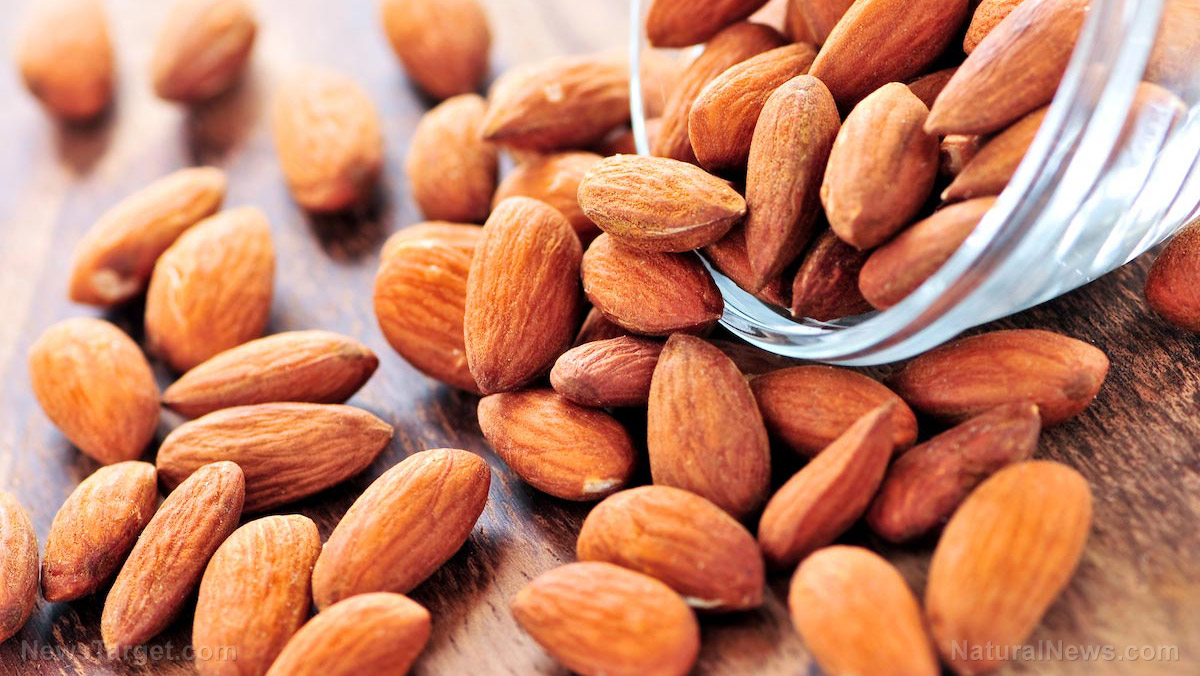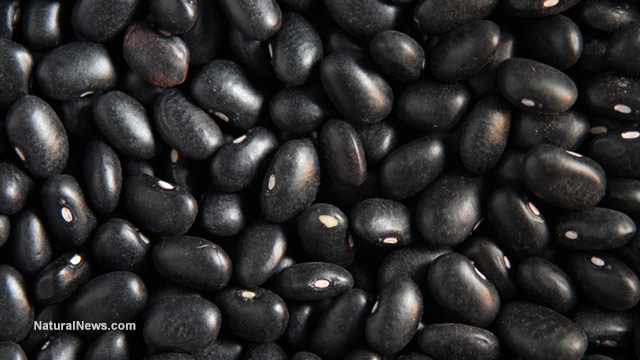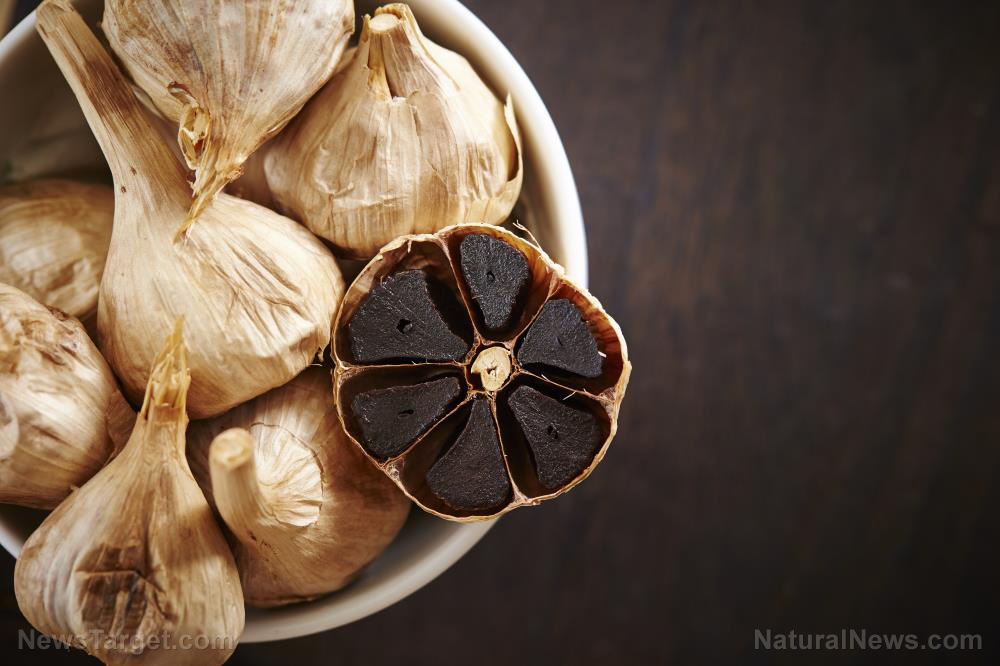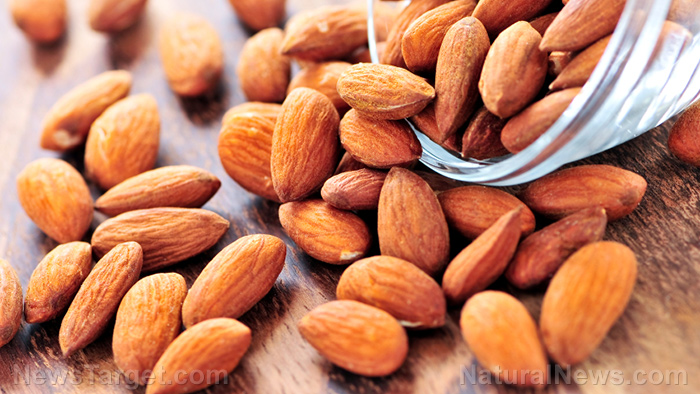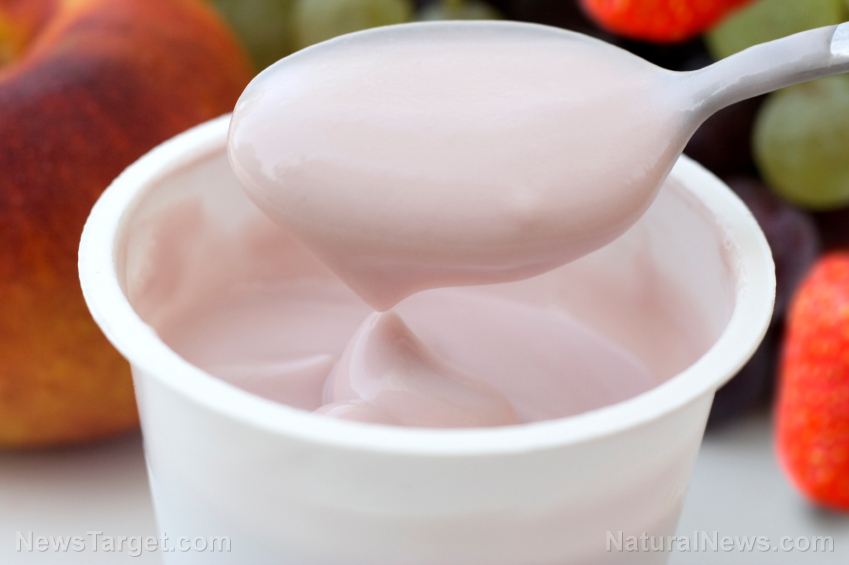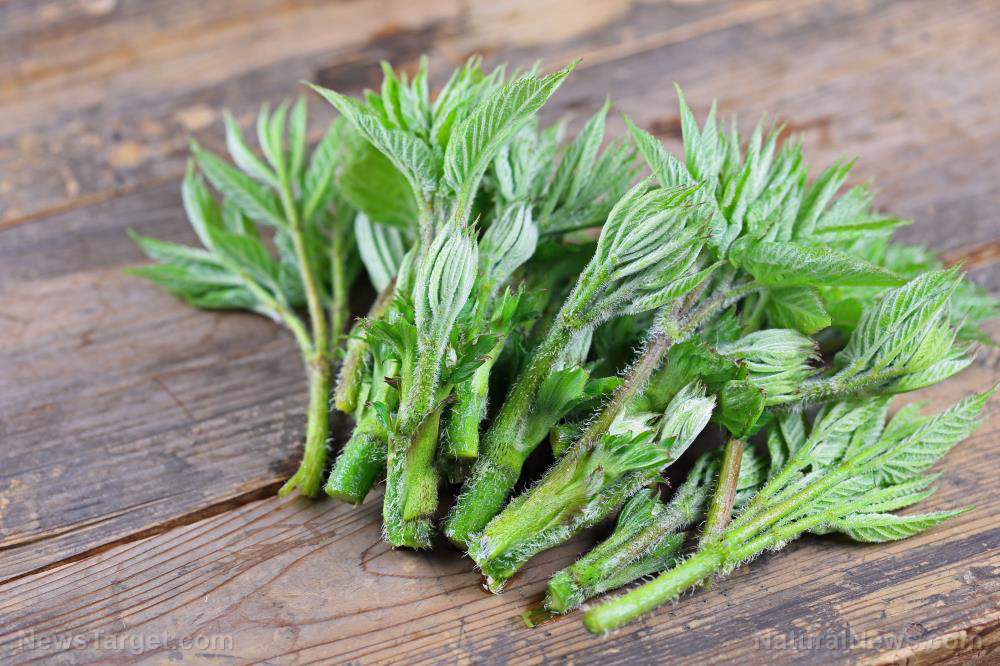Is the key to a healthy heart hidden in this ancient berry?
09/10/2018 / By Russel Davis
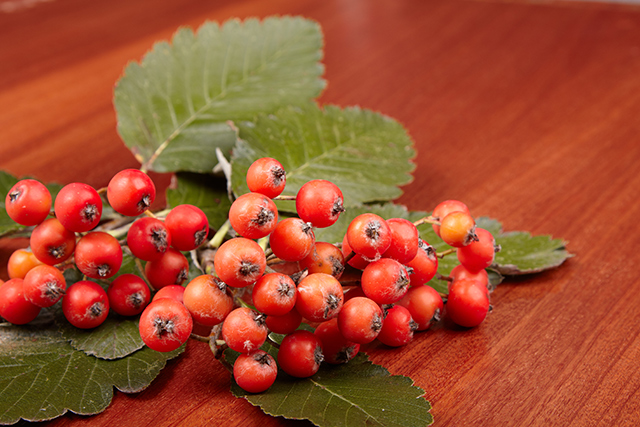
Hawthorn is known as the world’s best heart tonic. The plant has been cultivated in Europe since the Middle Ages for its cardiovascular benefits. Ancient Greeks and Native Americans have also touted the plant’s heart-healthy benefits for ages. In fact, the German panel Commission E has endorsed the plant as a good cardiovascular aid.
The plant’s main parts are valued for their therapeutic benefits. Each part of the hawthorn tree including the berries, seeds, leaves and flowers contain high levels of flavonoids and many other beneficial compounds such as tanins, phenolic acids, saponins, oligomeric proanthocyanidins, and phytonutrients that promote better overall health and internal healing.
Hawthorn’s high flavonoid and oligomeric proanthocyanidin levels help eliminate free radicals, induce better circulation and promote arterial health. The plant’s high antioxidant content is also found to regulate the effects of angiotensin converting enzyme (ACE). ACEs are known to influence blood pressure levels by constricting blood vessels, which then results to the narrowing of the blood’s pathway. The plant is also known to help regulate the body’s blood pressure levels and promote healthy cholesterol levels.
The plant is also known to boost heart cell metabolism and enhance electrolyte flow across the cardiac cells, which in turn prevents or corrects abnormal heart rhythms. Hawthorn also helps improve cardiac function by strengthening the cardiac walls and blood vessels. The plant also helps restore the healthy of cardiac muscles. Hawthorn helps bolster the body’s circulatory system, treat angina, cardiac arrhythmia and congestive heart failure.
Hawthorn extracts come in many forms such as liquid, power and capsules.
Studies prove hawthorn’s potency in promoting heart health
Various studies support hawthorn’s many cardiovascular benefits. A study published in The British Journal of General Practice revealed that taking hawthorn extracts resulted in a hypotensive effect in diabetes patients taking prescription drugs. Researchers examined more than 150 patients with Type 2 diabetes and found that those who took hawthorn extracts showed greater reductions in mean diastolic blood pressure compared with those in the placebo group.
Another study showed that the plant contains hypolipidemic and hypotensive effects in patients. Hawthorn was also shown to contain anti-ischemia and anti-arrhythmic properties. Researchers said the plant’s high antioxidant content may play a role in these effects. The findings were published in the American Journal of Chinese Medicine.
An analysis published in Cochrane Database of Systematic Reviews found that patients who took hawthorn extracts demonstrated significantly better exercise tolerance and pressure heart rate product compared with those in the placebo group. Data also showed that symptoms of shortness of breath and fatigue showed significant improvements following hawthorn extract intake compared with the placebo group. “These results suggest that there is a significant benefit in symptom control and physiologic outcomes from hawthorn extract as an adjunctive treatment for chronic heart failure,” the researchers wrote.
Make your own hawthorn tea for better heart health
Making hawthorn tea is a natural way of promoting heart health. Below are the steps in making the drink.
- Boil water on the stove.
- Put loose hawthorn berries in the teapot. One teaspoonful of hawthorn berries would be enough to make one cup of tea. Use a tea infuser if necessary to keep the berries in one place.
- Pour the boiling water into the teapot and cover. Let the berries steep for eight to 10 minutes. Take longer or shorter steeping time for your preferred flavor.
- Scoop out the berries after steeping and enjoy your tea.
Sources include:
Tagged Under: angina, blood pressure, cardiovascular health, cholesterol, food as medicine, food cures, hawthorn, Heart, herbal medicine, natural cures, natural medicine

